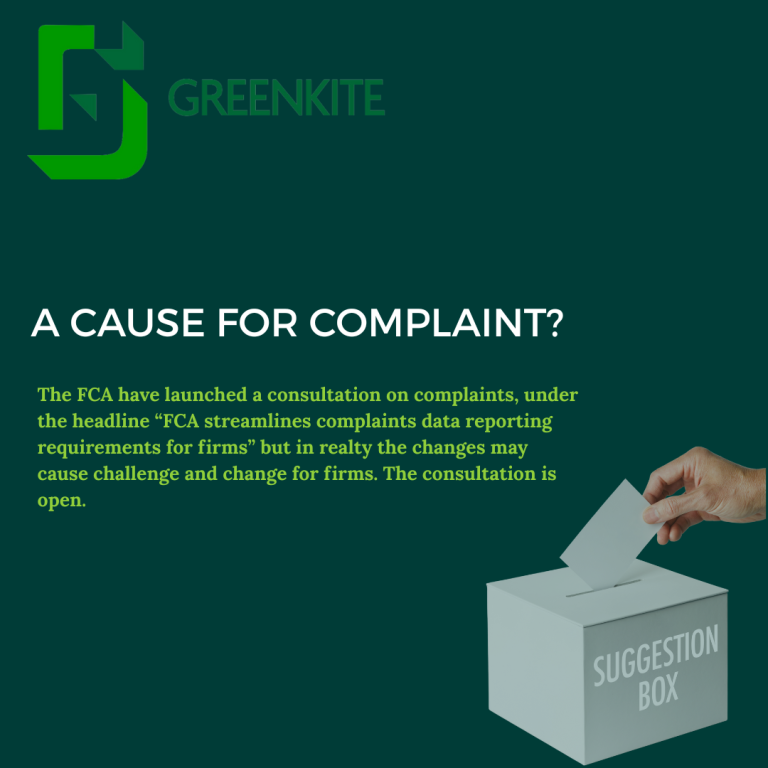
A Cause For Complaint For Firms?
“FCA streamlines complaints data reporting requirements for firms” is a bold headline, but when digging into the detail on the FCA’s consultation paper on complaints reporting CP25/13, the implementation of these changes for most firms in the General Insurance sector will feel very different.
The FCA Statement continues “Ten thousand firms will find it simpler to submit data on the complaints they receive under our new proposals to improve the complaints reporting process.
Our plans to consolidate 5 current returns into 1 will also improve the quality of the data we receive, helping us identify potential harm to consumers faster.”
Most general insurance firms especially smaller intermediaries only complete 1-2 complaints returns a year – in fact 58% of firms only do 1 return, and over 99% do a maximum of 2 according to the FCA’s own data included in the consultation.
So, what are the benefits of this proposed change to an insurance intermediary or a TPA? This appears to be a positive change for the FCA and consumers, but the benefits to insurance firms are potentially spurious and will add a significant workload for some firms.
Benefits for FCA and Consumers?
At present, with many firms reporting annually, tied to their accounting year, and larger complaints generators reporting in semi-annual fixed periods, analysing the data is probably very difficult. The new proposal that all firms move to semi-annual fixed periods will no doubt make analysis faster, trends easier to spot and action to be taken more quickly.
Faster identification of issues can only be a good thing for customers and the wider market, with more comparison points for customers available, and potentially more firms being pulled into the publication process.
How will this affect the insurance sector firms?
That depends on how one looks at things. The FCA proposals include a much greater level of granularity than is currently in place, including allocating the Consumer Duty areas relevant such as “Customer Understanding” or “Price and Value”, vulnerability flags to complaints, against a refined list of product types to improve visibility.
Further granularity of complaints data should support the businesses to improve their overall customer outcomes however this change will require further work to be done in the capture, analysis and MI outputs over the next year to make this a reality. Not only will the operational implementation need work, but firms will need to consider what this granular level of data will actually tell them, and then consider how to implement any improvement activities.
This change is likely to also have a significant impact for Appointed Representatives (AR), Principals, and for Group Companies, where subsidiaries will need to report at a legal entity level, and Principals will need to report on each AR individually rather than aggregate data in both cases.
The result is this consultation, should it be implemented, will result in system changes, process changes and significant training requirements for many firms in the insurance sector should the proposals go ahead in their current format. The regulator is certainly being a smarter regulator in increasing visibility and standardising reporting periods, but the reality is there is little streamlining for Insurance Firms behind the bold headlines.
If these new requirements are making you feel uneasy, there is still time to get things right before the proposed reporting deadlines become a reality. GreenKite are experts in Consumer Duty assurance, including complaints analysis, and can work with you to identify your issues and resolve them with you, whichever Consumer Duty outcome they align to.




